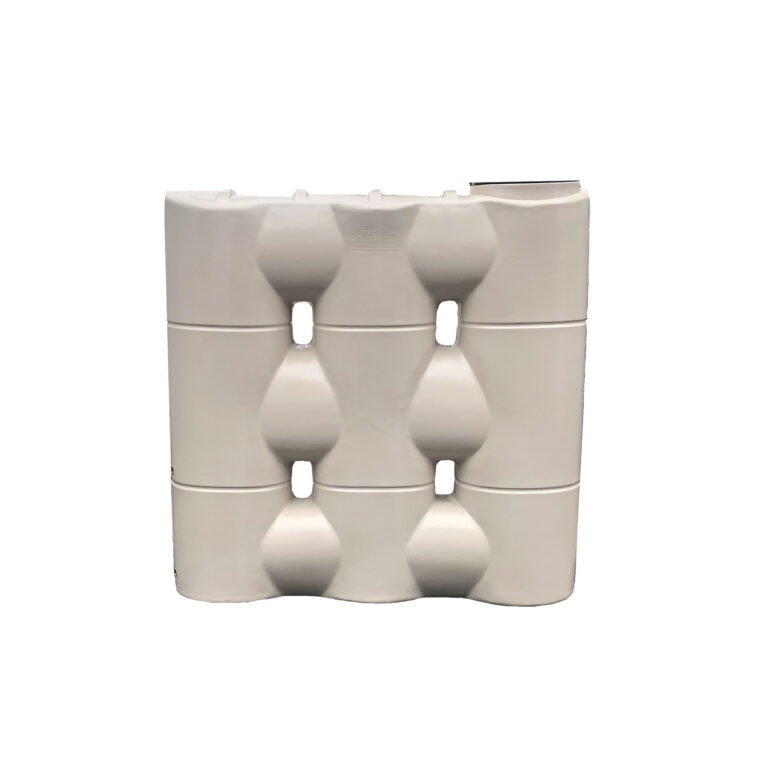Slimline Water Tanks: Trendy and Practical for Modern Houses
Slimline Water Tanks: Trendy and Practical for Modern Houses
Blog Article
Discover the Significance of Rainwater Tanks for Sustainable Water Conservation Efforts
In the world of lasting water conservation, the usage of rain storage tanks stands as an essential practice that advantages closer evaluation. The significance of rain tanks goes beyond simple storage space; it embodies an aggressive approach in the direction of ecological stewardship and source administration. By checking out the multifaceted benefits of rain harvesting, a profound understanding of its possible effect on water preservation efforts arises. Via a lens of usefulness, environmental awareness, and public health, the assimilation of rain containers reveals a tapestry of interconnected benefits that expand far beyond the surface.
Advantages of Rain Storage Tanks
Making use of rain storage tanks supplies a useful service for lasting water monitoring by using nature's resources successfully. Rain tanks collect and keep rainwater that drops on rooftops, which can after that be made use of for various non-potable purposes, such as watering, washing garments, flushing commodes, and also for some drinkable usages with appropriate treatment. Among the key advantages of rain containers is the decrease of need on mains water system, specifically throughout dry seasons or dry spells.
Ecological Effect of Rainwater Harvesting
Rain gathering with using containers offers a sustainable water administration practice with positive ecological effects. By recording rain, this technique helps in reducing the need for keys supply of water, thereby relieving the problem on water therapy plants and decreasing energy consumption connected with water circulation. Furthermore, rain harvesting aids in reducing metropolitan flooding and disintegration by decreasing the volume of stormwater runoff. This procedure likewise adds to groundwater recharge, which is critical for keeping water levels in wells and springs, specifically in locations susceptible to drought.
Moreover, rainwater harvesting promotes water conservation and reduces dependence on limited water sources. It reduces pollution in water bodies by drawing away rainwater away from smooth surfaces where it could get contaminants before getting in rivers. Executing rain containers also minimizes the stress on ecological communities by minimizing the removal pressure on rivers and streams. Generally, the ecological effect of rain harvesting underscores its relevance in progressing sustainable water monitoring techniques.
Rainwater Tanks for Residential Use
Having actually highlighted the ecological benefits of rain harvesting, the focus now changes to the practical application of rain tanks for household water preservation (Slimline water tanks). Rain tanks play a vital duty in household water monitoring by recording and storing rain that drops on the roofing system of a residence. These storage tanks can range in size and material, providing homeowners flexibility in choosing a system that fits their demands
Among the main benefits of using rainwater tanks in domestic settings is the decrease in dependence on keys water. By accumulating rain for non-potable usages such as sprinkling gardens, cleaning vehicles, purging bathrooms, and doing washing, houses can dramatically lower their general water usage and utility bills. Additionally, rain is generally free from the chemicals found in cured water, making it a better selection for particular family tasks.
Moreover, rain harvesting systems can help mitigate city flooding and erosion by decreasing stormwater drainage. By recording rain in storage tanks, less water moves into tornado drains pipes, reducing the strain on metropolitan drain systems during hefty rainfall. Overall, including rainwater containers into residential buildings adds to sustainable water preservation efforts and advertises self-sufficiency in water management.

Financial Benefits of Using Rainwater Containers
The economic benefits linked with the implementation of rain containers in domestic and business settings are considerable and complex. One of the key economic benefits of making use of rainwater storage tanks is the decrease in water costs. By accumulating and storing rainwater for different non-potable usages such as watering, toilet flushing, and laundry, building owners can substantially lower their dependence on mains water supply, causing significant price savings gradually.
Moreover, the setup of rain storage tanks can boost property value. In look at here now today's eco mindful market, buildings equipped with lasting attributes like rain harvesting systems are frequently more appealing to potential buyers, commanding greater asking price and faster sale times.
Additionally, rain storage tanks can assist businesses and homeowners minimize the influence of water limitations and varying water prices. By having useful source a supplemental water source during droughts or durations of boosted water costs, individuals and organizations can much better manage their water-related expenditures and preserve operational continuity. Overall, the financial advantages of making use of rainwater containers make them a sensible financial investment for long-term financial savings and sustainability.
Neighborhood Sustainability Via Rainwater Collection
Considering the broader influence beyond specific benefits, the assimilation of rain collection systems in neighborhoods plays an important duty in promoting ecological sustainability and resource monitoring. Area sustainability with rainwater collection initiatives not only help in lowering the stress on community water sources but likewise aids in reducing the results of urbanization on regional water supply. By installing rain containers in public buildings, parks, and communal rooms, communities can decrease their dependence on central water resources, resulting in a more durable water supply during droughts or emergencies.
Additionally, community-level rainwater harvesting promotes a feeling of cumulative obligation towards water conservation. Ultimately, community sustainability through rainwater collection not only find this profits the existing generation however likewise makes sure a more lasting future for generations to come.

Conclusion

Report this page